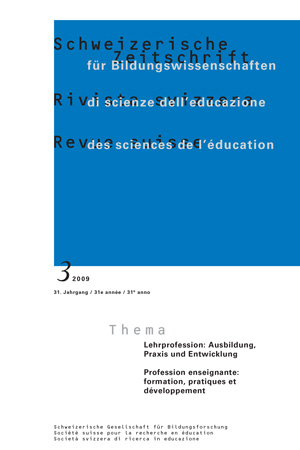Development of prosocial behavior in the two first years of life
DOI:
https://doi.org/10.24452/sjer.31.3.4821Keywords:
Pro-social behavior, infancy, longitudinal studyAbstract
The development of pro-social behavior was researched in a longitudinal study with 28 children between 9 and 25 months old in their natural environment by a participant-observer. Pro-social behavior was thus defined as actions that enhance or restore the well being of another person or group or actions that favor another person or group. Six different types of pro-social behavior were studied: assisting, comforting, showing affection, offering objects, making up for/fixing, as well as pro-social behavior towards objects.
Primary types of pro-social behavior such as offering objects were already observed in children 8 months old. All of the studied types of pro-social behavior could be found in children up to 16 months old. Most of the pro-social behavior has been shown spontaneously. The different types of pro-social behavior vary considerably with regard to their first occurrence, their frequency and their development over time. This suggests that different pro-social behavior patterns are based on different socio-cognitive skills. Differences between boys and girls were observed: girls showed more pro-social behavior than boys.
Downloads
Downloads
Published
Issue
Section
License
Copyright (c) 2009 Silvana Kappeler, Heidi Simoni

This work is licensed under a Creative Commons Attribution 4.0 International License.



